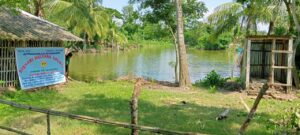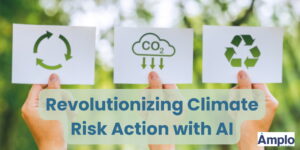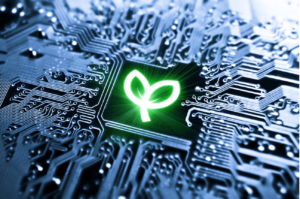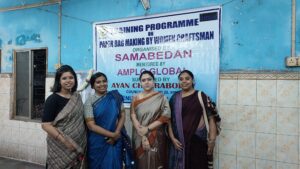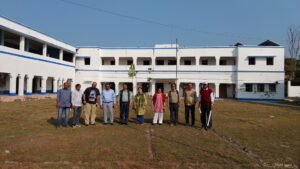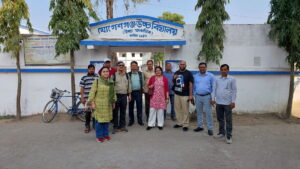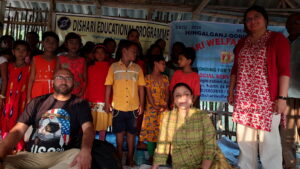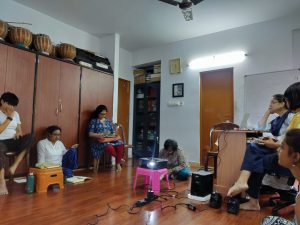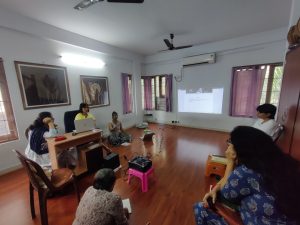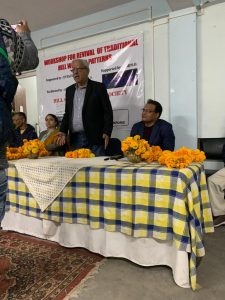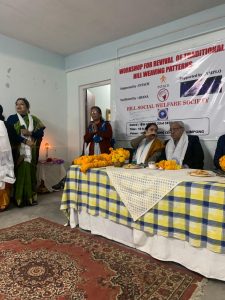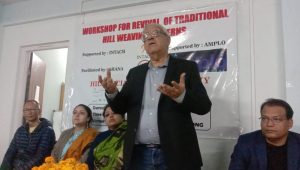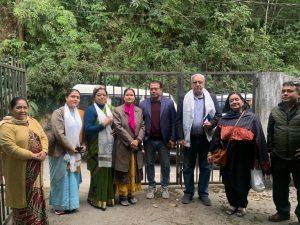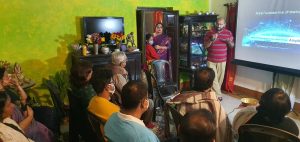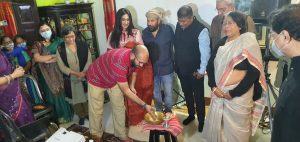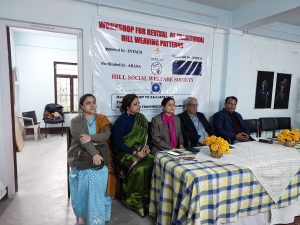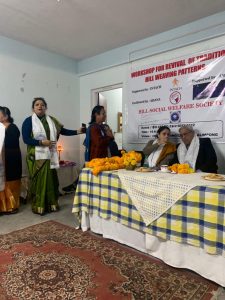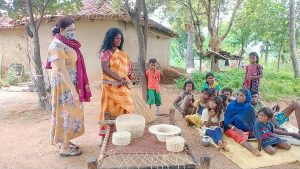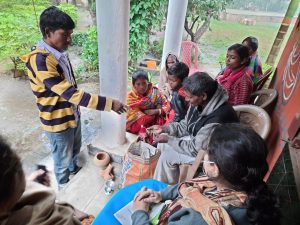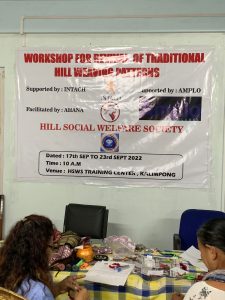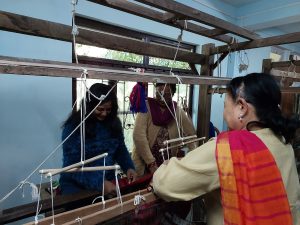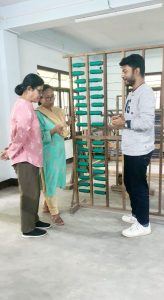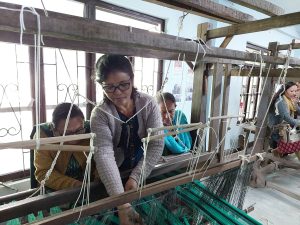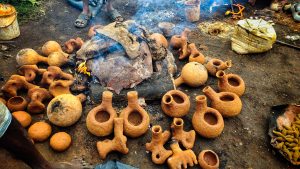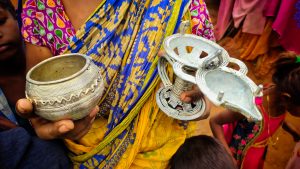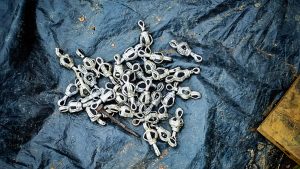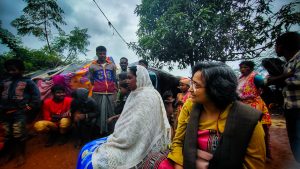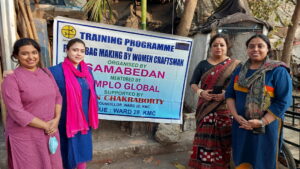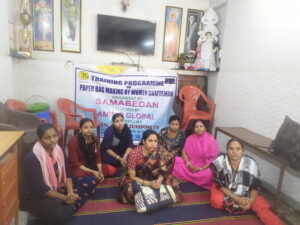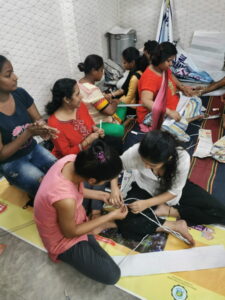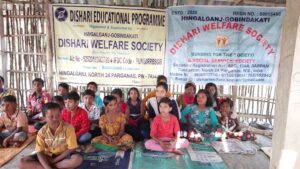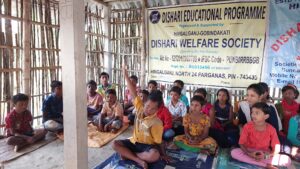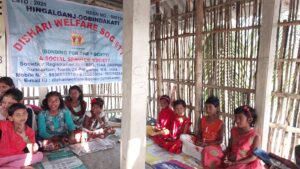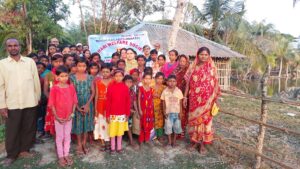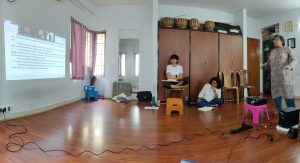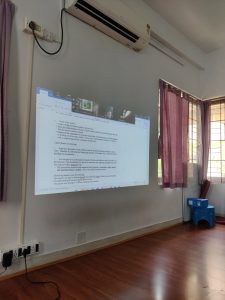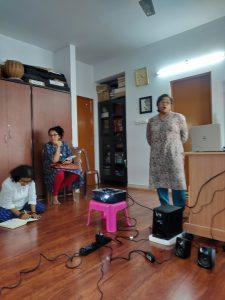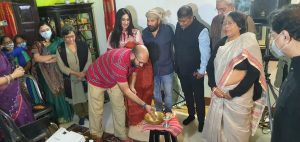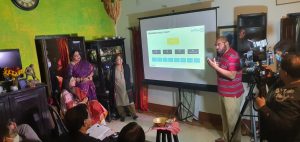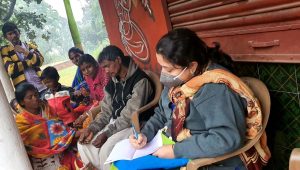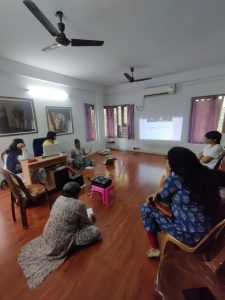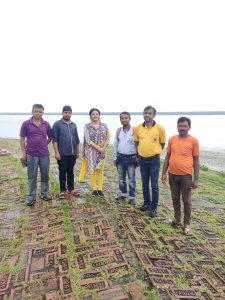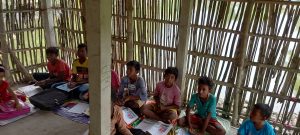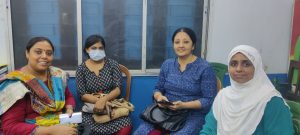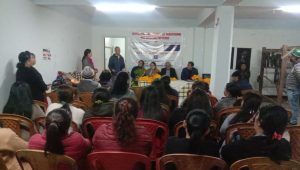September 2019. The UN Climate Action Summit. In what is now a widely circulated speech, an emotional yet determined 16-year old-stood in front of world leaders and condemned them for not doing enough for our planet with her impactful accusation – ‘How dare you?’. Greta Thunberg ruffled a few feathers that day, drawing both compliments and criticism.
Activism on climate change had been rocking the boat at every major diplomatic meet for a while, but coming from a teenager, who is expected to be still evolving, and discovering herself, Greta Thunberg’s speech not only shook and motivated the grown-ups but also awakened a whole generation of youths. In the following days, millions of inspired young people across the globe came out in protest, going on strike against the inaction of the political leaders. It was the same generation accused of being self-absorbed and engrossed in Instagram and Tik Tok. Greta Thunberg gave them the much-needed nudge to make them realize that it was their fight to claim back what rightly belongs to them – their future.
The world is suffering the effects of rapid climate change. Ferocious storms, flooding, record-breaking temperatures, and devastating wildfires are regular natural calamities that have become staple news. Every climate model predicts the situation is only going to get worse from here, and very fast.
Humans have got themselves into this situation through decades of abuse and disregard towards nature, and are now paying the price for their apathy. While we need to pull back fast on our degenerative habits and behavior, we also need to make sure that our future generations do not make the same mistakes that we did. Our Gen Z are the biggest stakeholders in this fight for climate change, both as contributors as well as consumers. As their predecessor, it is our responsibility to make sure we pass our hard-learned lessons to them and build an army of climate activists who are not only eco-conscious but at the same time can persuade others to acknowledge the grim reality.
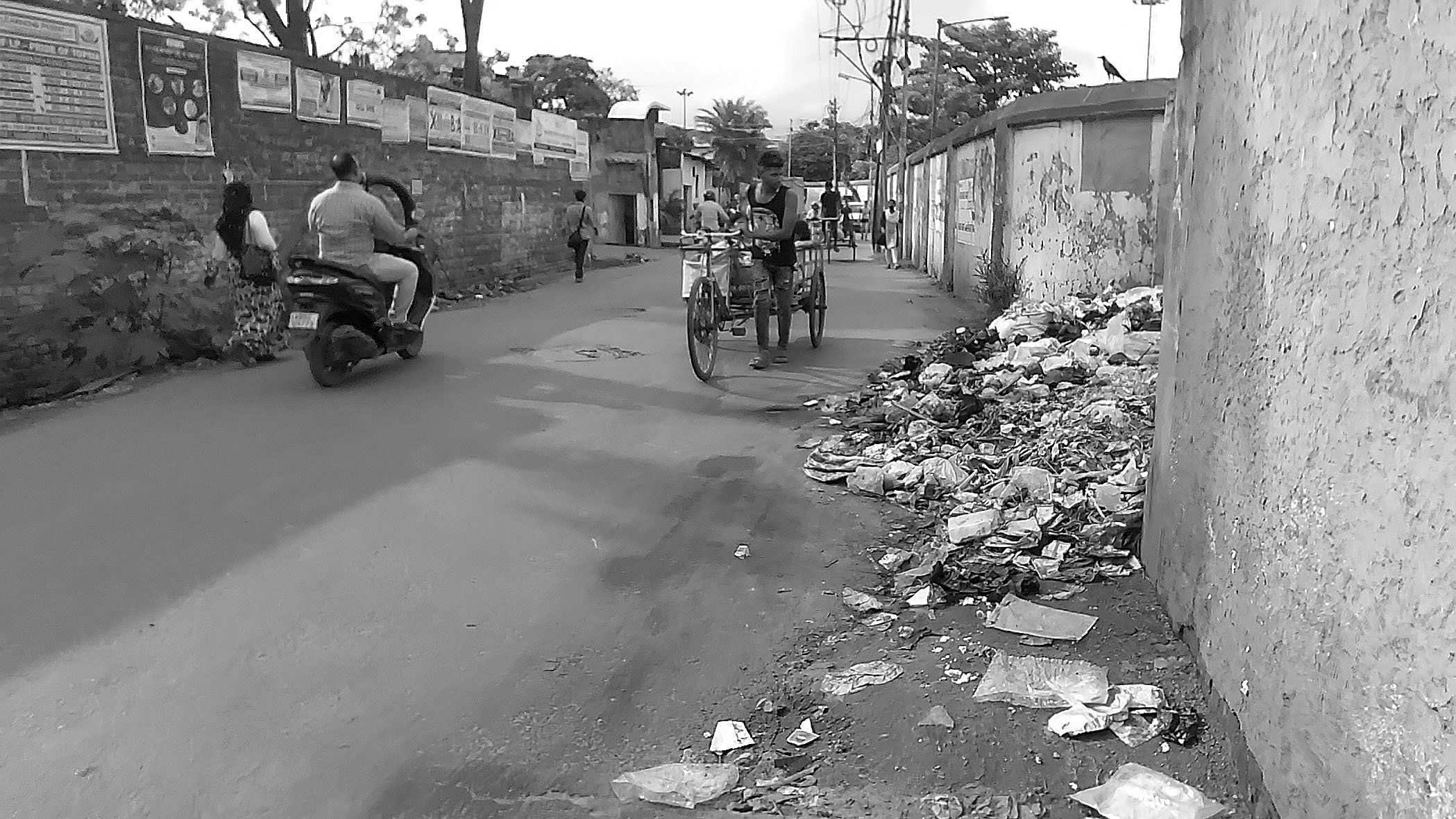
Building Sustainability into Education
Children have more power than adults choose to accept. They are keen observers. Like a sponge, they soak up what happens around them while at the same time, their unbiased conviction gives them the capability to change habits at home, the building block of society and the nation. And, they are the future of our planet. Hence it is a no-brainer that educating children about our environment and ecological balance is the most formidable weapon in our arsenal in the fight against climate change.
Bringing sustainability to a classroom involves building awareness through information, and at the same time, bringing practical experience. Lessons about sustainability need not be a subject. It should rather be a way of life, a part of learning. It completely changes the way curriculums are designed and executed. While we do have the NCERT curriculum in India that tries to bring this aspect into the classrooms, most educational institutions still struggle to move away from the traditional form of content-based teaching. The new National Education Policy 2020 tries to change some of that by pushing for project-based learning, but in all practicality, it will still be a long-drawn process.
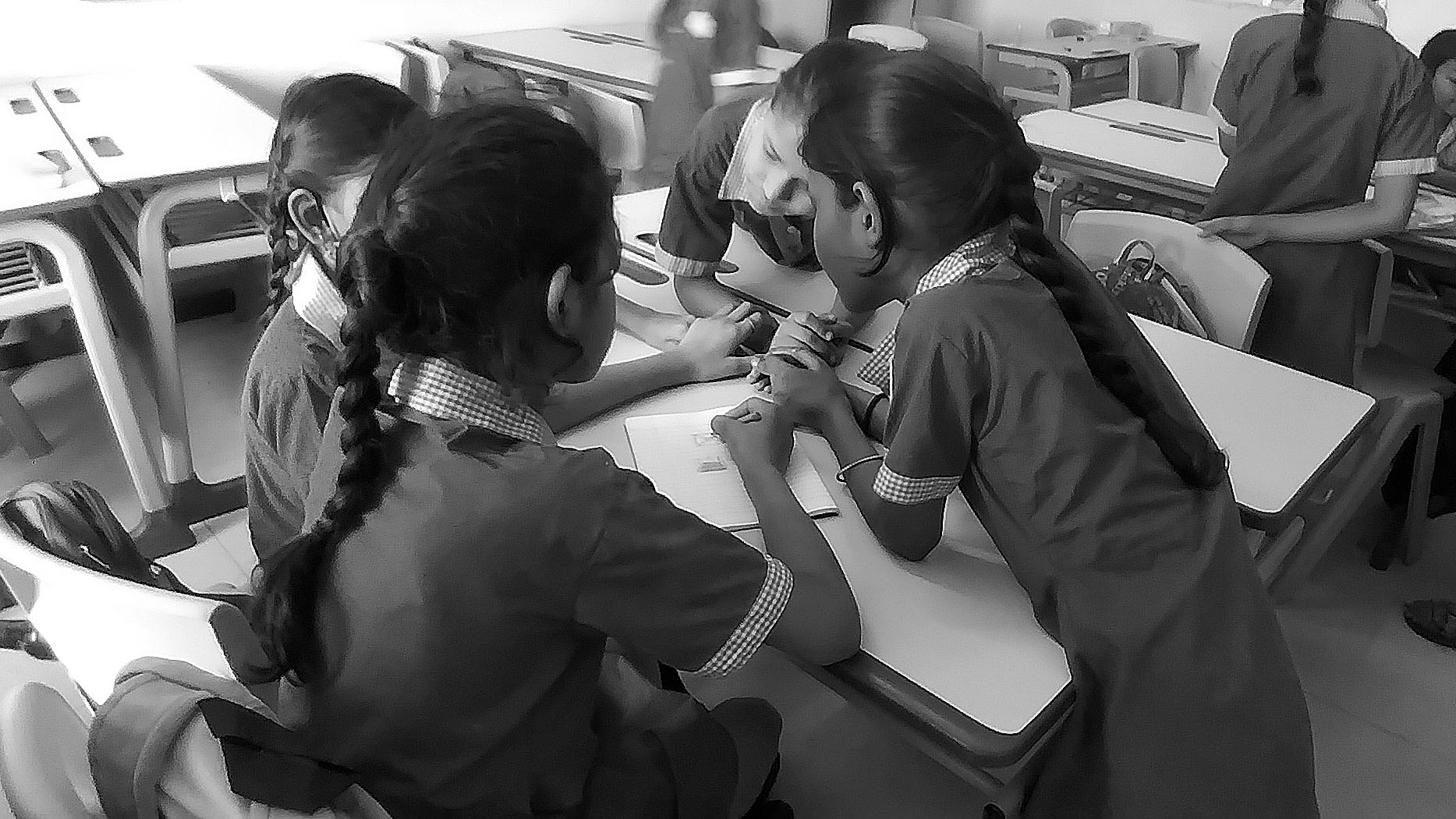
Implementation of Sustainability in classrooms
The first step towards implementing sustainable education in the classroom is to build an ecosystem that is conducive to learning.
Children learn in multiple ways. The 4 basic modes are (a) visual – by seeing and observing, (b) aural – by listening, (c) by reading and writing (d) kinesthetic – by touching and doing. It is how effectively we bring these aspects into our classrooms that determines how successful we are as educators.
The first step towards building environmental awareness is to create a sensory environment for the children to immerse themselves in and learn from. It starts by designing a classroom that brings out elements of sustainability through physical elements and culture. By using eco-friendly materials in classroom setups and décor, children learn the concept of green materials and bio-degradability. Encouraging the concept of reduce-reuse-recycle builds consciousness on wastage. They learn about carbon footprint through simple habits of switching off lights and fans when leaving a room, taking green modes of transport to school, stopping food wastage in their lunch boxes, and avoiding single-use plastic.
Building good habits is supplemented by building knowledge. A classroom library with books on diverse topics with a fair share of environmental stories is the children’s window to the outside world, as is watching relevant movies. But to start a discussion and raise questions, it is equally important to make these sessions interactive, one that encourages questions and builds free thinkers.
Most children learn best when they are actively involved in projects, by touching and doing, learning kinesthetically, and experiencing challenges and roadblocks. Simple activities like creating a window sill garden, rainwater harvesting, and composting can boost learning and bring a mindset shift.
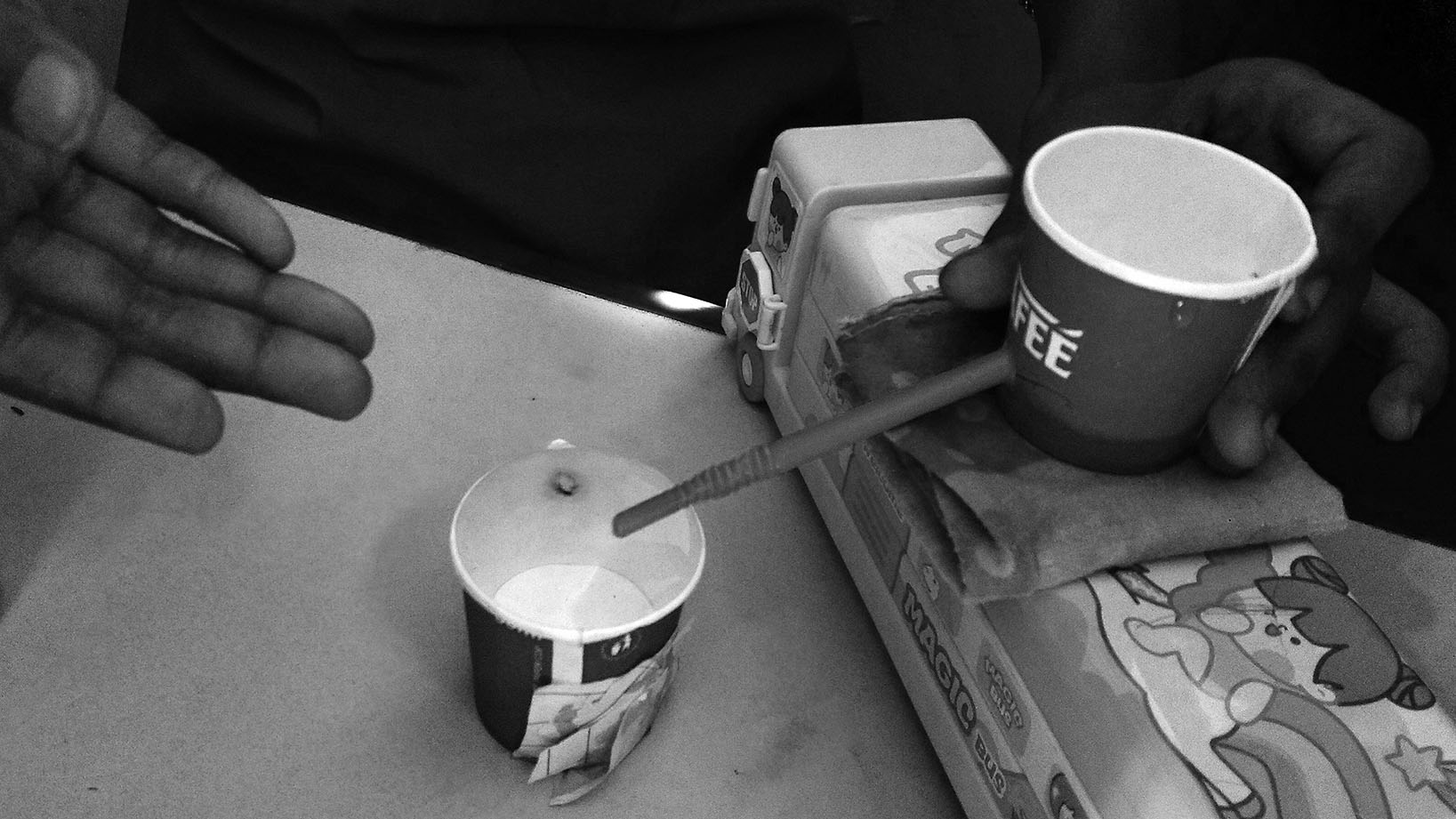
To pursue the goal of building consciousness about sustainability, school leaders and educators must ensure that it is not treated as a separate subject, but one that becomes a part of the curriculum. Environmental education could be implemented as applications of mathematics and science that the children have learned, to solve an ecological problem their community is facing in real life. They then proceed to document and present the outcome of their project using different modes of creativity and leveraging their language skills. It all has to tie up for a wholesome outcome.
Learning about sustainability is just like learning any other subject. Bloom’s taxonomy is a globally used tool by teachers as the common language of pedagogy for stagewise learning and assessment. It follows the gradual increase in learning rigor – Remember, Understand, Apply, Analyze, Evaluate, and Create. Building expertise on sustainability can follow the same path where students start from building awareness, gathering information, evaluating options, and eventually creating solutions to problems that they witness in their daily lives. This should be the pathway for education in general, but is far more potent when it comes to practical fields of study, like our environment.
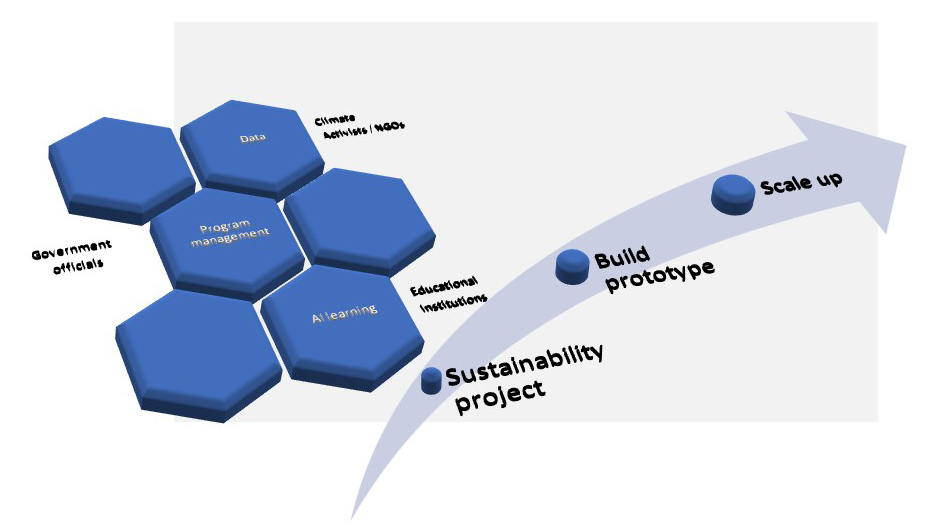
Technology at work
In today’s world of developing awareness, there are diverse groups of organizations, both for-profit as well as non-profit who are currently working in different areas of climate change and climate education. There are also various educational institutions inclined to bring sustainability into their classrooms. But, most of the time they are working in silos. What we need right now, is to build an eco-system of support, connecting all stakeholders with a common vision and thus creating an avalanche of change.
However, the overwhelming factor in this attempt is the colossal size of the envisioned program and the diversity of the implementation landscape that comes with it. Due to this, a program on sustainability that has run successfully is rarely scaled up. We do find evidence of triumphant stories in various pockets of the country, but they fail to gather momentum as a movement.
AI-driven risk management organizations like Amplo Global Inc. have the technology and expertise to bridge this gap. They work on real-time data to design an approach that is relevant to the purpose. They help build prototypes that are scalable and customizable. It leads to a program design that has a strong vision with effective utilization of available resources, is culturally sensitive, and hence holds a strong probability of successful implementation.
It is time to join hands against the biggest threat our modern world has faced, time to empower our strongest and only chance of survival – our children, and utilize the most powerful tool of the 21st century – technology. Only then will we succeed as a nation, and as a human race.



